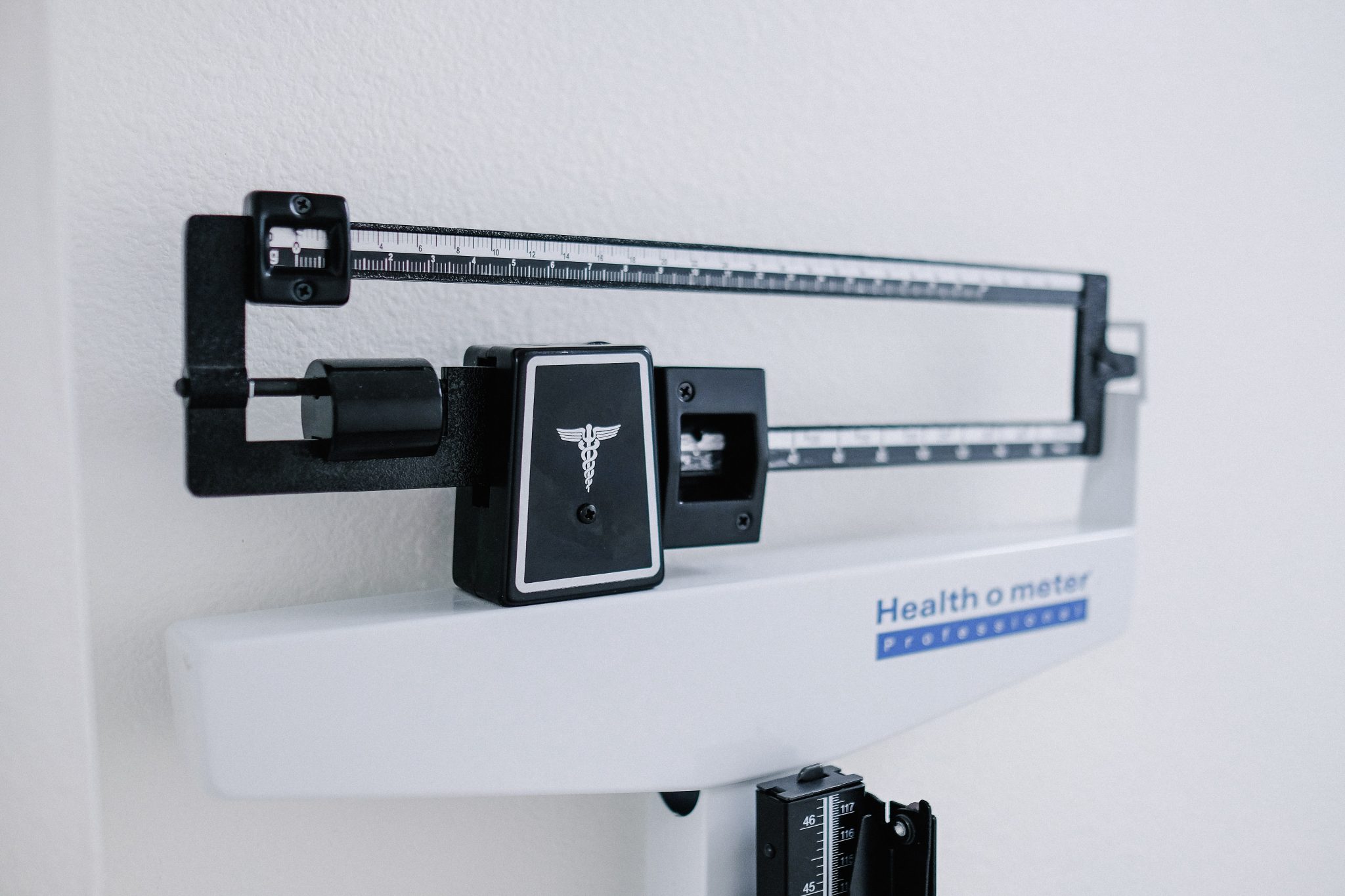Leading a healthy lifestyle is crucial for maintaining good mental and physical health. However, with modern life’s fast-paced and demanding nature, it can be challenging to balance healthy eating habits and regular exercise. Therapy can be an effective tool in helping individuals find balance in their eating and living habits by teaching them practical strategies to promote wellness and improve their quality of life.
What is on this page
The Importance of Healthy Eating and Therapy
Unhealthy eating habits can have a significant impact on mental health. For example, consuming a diet high in processed foods and sugar can increase inflammation in the body and contribute to feelings of anxiety and depression. On the other hand, a diet rich in whole foods and nutrients can help to improve mental well-being.
In therapy, individuals can work with a mental health professional to address unhealthy eating patterns and learn how to adopt a healthy diet. This type of therapy aims to help individuals develop a positive relationship with food and teach them how to nourish their bodies in a way that promotes physical and mental health.

Strategies for Healthy Eating in Therapy
- Mindful Eating Techniques: Mindful eating involves paying attention to the eating experience, including the sights, smells, tastes, and sensations of food. Individuals can avoid overeating and make healthier food choices by focusing on the present moment.
- Building a Support System: Having a supportive network of friends and family can be instrumental in maintaining healthy eating habits. In therapy, individuals can work on developing positive relationships and learning how to enlist the support of others in their journey towards healthier eating.
- Setting Realistic Goals: Setting achievable goals is crucial for success in any aspect of life, including eating habits. In therapy, individuals can work with a mental health professional to set achievable goals related to healthy eating, such as reducing sugar and processed food intake or incorporating more fruits and vegetables into their diet.
- Creating a Healthy Environment: The environment in which we live and work can significantly impact our eating habits. In therapy, individuals can learn how to create a healthy environment by changing their home and workplace, such as removing unhealthy snacks and incorporating healthy food options.
The Importance of a Healthy Lifestyle and Therapy
In addition to healthy eating habits, leading a healthy lifestyle is also essential for overall well-being. Unhealthy lifestyle habits like sedentary behaviour can contribute to physical and mental health problems. On the other hand, engaging in physical activity and practising self-care can improve overall well-being.
In therapy, individuals can work with a mental health professional to address unhealthy habits and learn how to adopt a healthy lifestyle. This type of therapy aims to help individuals develop a positive relationship with their bodies and promote overall health and well-being.
Strategies for a Healthy Lifestyle and Therapy
- Building a Support System: As with healthy eating habits, having a supportive network of friends and family can be instrumental in maintaining a healthy lifestyle. In therapy, individuals can work on developing positive relationships and learning how to enlist the support of others in their journey towards a healthier lifestyle.
- Setting Realistic Goals: Setting achievable goals is crucial for success in any aspect of life, including leading a healthy lifestyle. In therapy, individuals can work with a mental health professional to set achievable goals related to physical activity and self-care, such as incorporating daily exercise into their routine or practising self-care activities such as meditation or yoga.
- Incorporating Physical Activity into Daily Routine: Regular physical activity is crucial for maintaining good physical and mental health. In therapy, individuals can learn how to incorporate physical activity into their daily routine in a way that is sustainable and enjoyable. This can involve exploring different forms of exercise, such as hiking, swimming, or cycling, and finding out what best suits their needs and preferences.
- Maintaining Self-Care Practices: Regular self-care practices, such as meditation, yoga, or massage, can help to reduce stress and promote overall well-being. In therapy, individuals can learn how to incorporate self-care into their daily routine and make it a priority in their lives.
Finding Balance and How Therapy Can Help
Therapy can be powerful in helping individuals find balance. It provides a safe and supportive environment in which to explore and understand their thoughts, emotions, and behaviours. Through therapy, individuals can gain a deeper understanding of their personal strengths and challenges and develop practical strategies to promote wellness and improve their quality of life.

With the guidance and support of a mental health professional, individuals can learn how to adopt healthy habits, reduce stress, and cultivate a sense of inner peace and balance. By working through difficult experiences and emotions, individuals can tap into their inner wisdom and resilience and find the courage to make positive life changes. Ultimately, therapy can help individuals discover their path towards a more fulfilling, meaningful, and balanced life.
Conclusion
Finding balance in healthy eating and living habits is essential for overall physical and mental health. Therapy can be an effective tool in helping individuals achieve this balance by teaching them practical strategies to promote wellness and improve their quality of life. Working with a mental health professional allows individuals to adopt a healthy diet, incorporate physical activity into their daily routine, and maintain regular self-care practices. These strategies can help individuals achieve a healthier, more fulfilling life and improve their overall quality of life.

